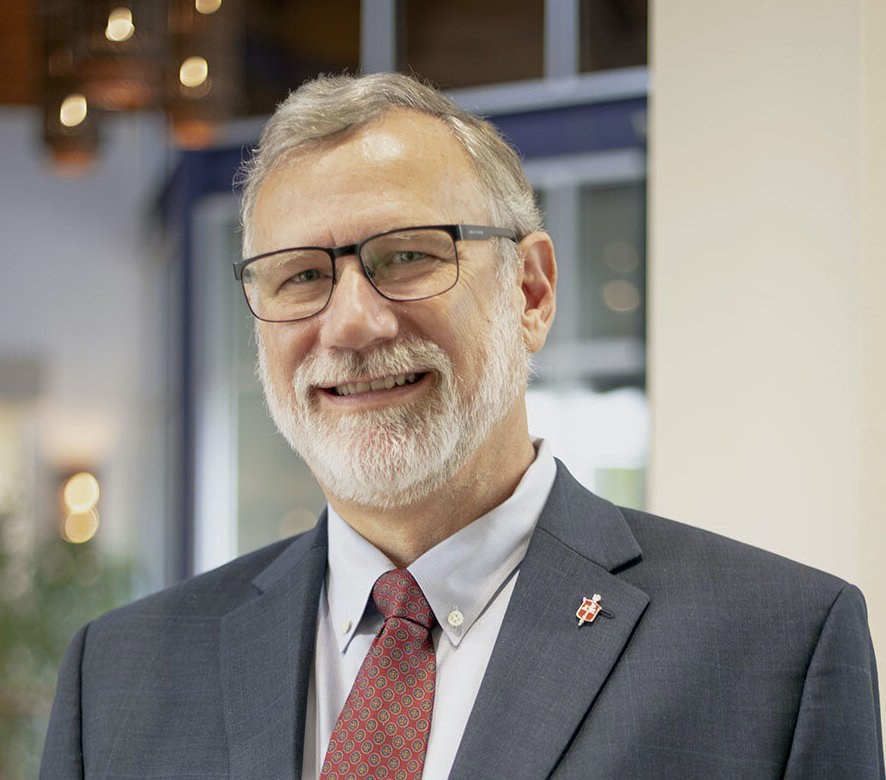
Dear Friends,
Grace and peace to you in the name of our Lord, Jesus Christ.
“Be still, and know that I am God…”
These words from Psalm 46 served as the theme of the General Conference which met last week in Charlotte, North Carolina. Delegates from around the world gathered to worship, sing, pray, and deliberate together about the mission and work of the United Methodist Church. While there were differences of opinion and diverse theological convictions, the conversations were civil and respectful. Those in the convention center shared the vision of a church united in the mission of making disciples of Jesus Christ for the transformation of the world. Delegates wanted to be there and do their work because of their love for Christ and their commitment to the United Methodist Church.
In an historic vote that many of us expected, the General Conference removed the exclusionary language that was first inserted in the Book of Discipline fifty-two years ago regarding LGBT persons. This decision was supported by 93% of the delegates.
This means that no clergy at any time may be required or compelled to perform, or be prohibited from performing, any marriage, union, or blessing of any couple, including same-sex couples. All clergy have the right to exercise their spiritual and professional discretion when requested to perform any marriage.
Congregational leaders, in consultation with their pastors, continue to determine the wedding policies for their facilities. No local church will be prohibited from holding same-sex marriage services on their property and no church will be compelled to hold such services.
These decisions grant significant local church autonomy and pastoral discretion and were adopted to support churches and pastors across a wide theological spectrum.
The General Conference has also removed the restrictive language regarding serving in ministry. Boards of Ordained Ministry will continue to credential gifted, effective candidates who meet the educational and professional qualifications of The Book of Discipline and who show evidence of the outward and inward call of God for licensed, commissioned, and ordained ministry.
Regarding pastoral assignments, the cabinet and I will continue to work in consultation with churches and clergy to discern the missional and contextual needs of congregations and match those with the gifts and qualities of pastoral leadership that foster fruitful and effective ministry.
As many celebrate the decisions made by General Conference, let’s do so with humility, mindful that there may be people who question whether there is still a place for them in the United Methodist Church. Some may listen to voices from disaffiliated churches telling them that if they do not celebrate these changes, they will no longer be welcome in the UMC. Let me assure you that everyone is welcome in the United Methodist Church. You are the United Methodist Church and belong to the body of Christ!
Throughout my tenure as bishop, my vision has always been of a church in which people with diverse backgrounds, experiences, and theological perspectives, shaped by the grace of God in Jesus Christ, can work together with mutual respect and love. I have been intentional about creating a true sense of diversity in the leadership of my conferences, leadership which has included colleagues with different theological and ministry perspectives—traditionalists, centrists, and progressives. This approach has served our common mission well. I persist in sharing my view that we must live into an expansive view of the grace of God, to not merely tolerate but encourage people who practice ministry differently in their contexts than we do in our own, giving them the tools and the discretion necessary to most effectively share the good news that God has reached our deepest needs and highest hopes in the life, death, and resurrection of Jesus Christ.
Our work is to proclaim the gospel, seek, welcome, and gather persons into the body of Christ and send persons into the world to live lovingly and justly as servants of Christ by healing the sick, feeding the hungry, caring for the stranger, freeing the oppressed and sustaining one another with compassion.
As one of my clergy colleagues has said, “Our communion table is open, and I pray that our hearts might be so as well.”
I am honored to serve as your bishop and look forward to our continued ministry together. Yours in Christ,

Robert Schnase, Bishop
